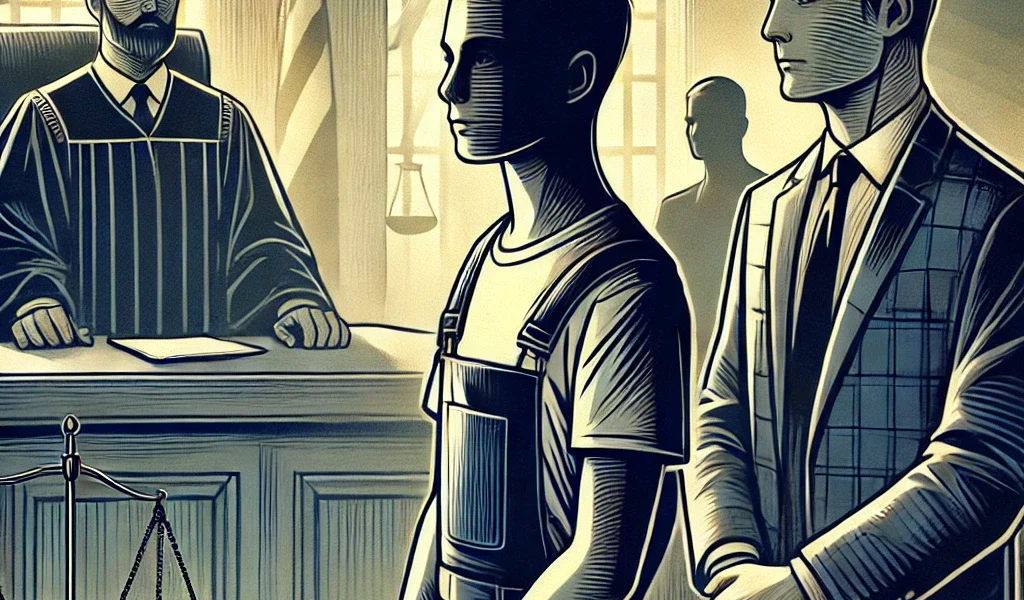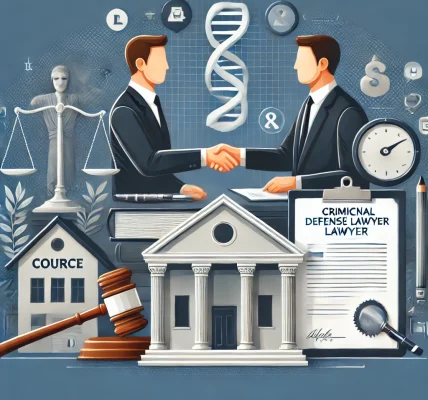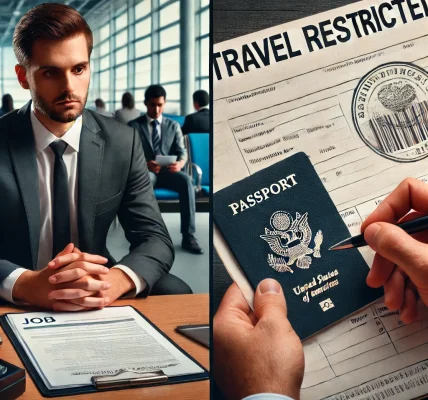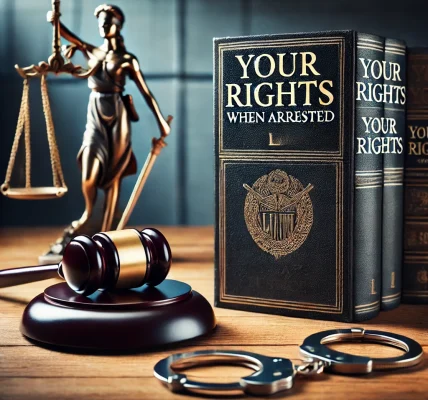Introduction
Juvenile criminal law focuses on offenses committed by individuals under the age of 18. Unlike the adult criminal justice system, which emphasizes punishment, the juvenile justice system prioritizes rehabilitation and second chances. The goal is to help young offenders reintegrate into society as responsible citizens rather than subject them to harsh penalties.
Understanding how juvenile criminal law differs from adult cases is crucial for parents, guardians, and young individuals facing legal issues. This article explores key differences, legal protections, rehabilitation options, and the long-term consequences of juvenile offenses.
1. The Purpose of Juvenile Justice vs. Adult Criminal Justice
One of the primary distinctions between juvenile and adult criminal law is the philosophy behind each system:
| Feature | Juvenile Justice System | Adult Criminal Justice System |
|---|---|---|
| Purpose | Rehabilitation & education | Punishment & deterrence |
| Legal Focus | Best interests of the minor | Public safety & law enforcement |
| Sentencing | Counseling, probation, community service | Fines, imprisonment, parole |
| Criminal Record | May be sealed or expunged | Permanent record |
The juvenile justice system aims to correct behavior rather than impose severe punishment.
2. Age of Responsibility
Each state sets its own legal age of responsibility, but most consider individuals under 18 years old as juveniles. However, in some states, minors as young as 16 or 17 can be charged as adults, especially for serious offenses like murder, robbery, or violent crimes.
3. Key Differences Between Juvenile and Adult Court Proceedings
A. Terminology Used
The juvenile court system uses different legal terms than the adult system:
- Crime (Adult) → Delinquent Act (Juvenile)
- Trial (Adult) → Adjudication (Juvenile)
- Sentencing (Adult) → Disposition (Juvenile)
- Conviction (Adult) → Finding of Responsibility (Juvenile)
This distinction emphasizes rehabilitation over punishment.
B. No Right to a Public Trial
Unlike adult cases, juvenile proceedings are usually closed to the public to protect the minor’s privacy. However, some states may allow public access in serious cases.
C. No Jury Trials for Juveniles
Juvenile cases are decided by a judge, not a jury. This is meant to ensure decisions are made in the best interest of the minor rather than through public opinion.
D. Legal Protections for Juveniles
Juvenile offenders still have many constitutional rights, including:
- The right to legal representation (a lawyer)
- Protection from self-incrimination (they do not have to testify against themselves)
- Right to due process, meaning fair treatment in court
However, some protections available to adults—such as the right to a jury trial—do not apply to juveniles.
4. Sentencing and Rehabilitation Options
Juvenile courts focus on rehabilitation rather than punishment. Common sentencing alternatives include:
- Probation – Supervision with conditions like attending school and staying out of trouble.
- Diversion Programs – Alternatives like counseling, community service, or educational programs.
- Juvenile Detention Centers – Short-term placements for minors who need stricter oversight.
- Foster Care or Group Homes – In cases of neglect or unsafe home environments.
- Expungement Possibilities – Juvenile records are often sealed or expunged once the minor reaches adulthood, helping them avoid long-term consequences.
5. When Can a Juvenile Be Tried as an Adult?
While the juvenile system typically handles cases involving minors, certain serious crimes can lead to a minor being tried in adult court. This process, called waiver or transfer to adult court, often occurs when:
- The crime is particularly violent (e.g., homicide, sexual assault, armed robbery).
- The minor has a history of repeated offenses.
- The minor is close to turning 18 and the court believes adult punishment is more appropriate.
6. The Consequences of a Juvenile Record
Even though the juvenile system aims to rehabilitate, having a record can still impact future opportunities. Some potential consequences include:
- Difficulties finding employment – Some employers may still see sealed records.
- Challenges in education – Some colleges may consider criminal history in admissions.
- Impact on housing applications – Landlords might conduct background checks.
- Loss of certain rights – In some states, juvenile felonies can affect firearm ownership or voting rights in adulthood.
However, record expungement is often available for juvenile offenses, allowing individuals to move forward without a permanent criminal history.
7. How Parents and Guardians Can Help
Parents and guardians play a crucial role in guiding juveniles through the legal system. Here’s how they can help:
- Hire an experienced juvenile defense attorney – A lawyer can advocate for reduced penalties and rehabilitation options.
- Encourage compliance with court orders – Help ensure the minor follows probation terms and attends counseling.
- Support positive behavioral changes – Reinforce positive habits, school attendance, and social engagement.
- Understand expungement options – Explore whether the minor’s record can be sealed in the future.
Conclusion
Juvenile criminal law is designed to rehabilitate young offenders and provide them with a second chance, rather than imposing severe punishments. The key differences between juvenile and adult criminal law lie in their goals, legal procedures, and sentencing options.
If a minor is facing criminal charges, it is important to consult a qualified juvenile defense attorney to explore the best possible legal options. Understanding the system can help ensure that young offenders have the opportunity to rebuild their lives and make better choices in the future.
Need Legal Guidance for a Juvenile Case?
If you or a loved one is dealing with a juvenile offense, seek legal counsel to understand the best course of action. A skilled attorney can help navigate the process and work towards a favorable outcome.




